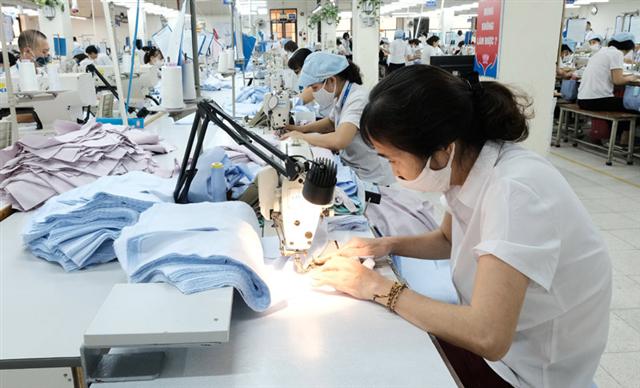Sanofi to build $75 million Vietnam plant as demand rises
Sanofi to build $75 million Vietnam plant as demand rises
Sanofi (SAN), France’s biggest drugmaker, will start building a $75 million plant in Vietnam as rising income and urbanization bolsters demand for health care in Asia.
The company, which has been in the country of nearly 90 million for more than 50 years, will produce at an initial capacity of 90 million units per year at the new facility when it starts operations by the end of 2015 and may later extend to 150 million units, according to an e-mailed statement. It currently runs two plants in Ho Chi Minh City at full capacity, according to Sanofi Chief Executive Officer Chris Viehbacher.
“Asia continues to grow and it seems to be less affected by the European economic difficulty” compared with other regions in the world as there’s “a lot of trading going on among Asian countries,” Viehbacher said in an interview yesterday in Hanoi.
Asia is home to fast-growing populations like Indonesia and nations with strong economic growth, including Vietnam and China, he said. The rise of middle-income families and urbanization in the region will give people more access to health care, he said.
Sales from Vietnam are climbing 25 percent annually and is the fastest-growing in Southeast Asia, according to Cyril Grandchamp-Desraux, Sanofi’s general manager of Vietnam, Cambodia and Laos. Annual sales in Vietnam will exceed 100 million euros ($128 million) this year, he said.
Sanofi currently sells about 80 percent of the products made in Vietnam domestically. The new plant will expand its manufacturing capacity to “meet the fast growing demand of the Vietnamese pharmaceutical market and will serve as an export platform to ASEAN countries,” Sanofi said in the statement, referring to the Association of Southeast Asian Nations.
While Sanofi “is always actively looking” for acquisition opportunities worldwide, the company is focusing more on non- BRIC countries as “valuations are high everywhere,” said Viehbacher, referring to Brazil, Russia, India and China.
bloomberg



























